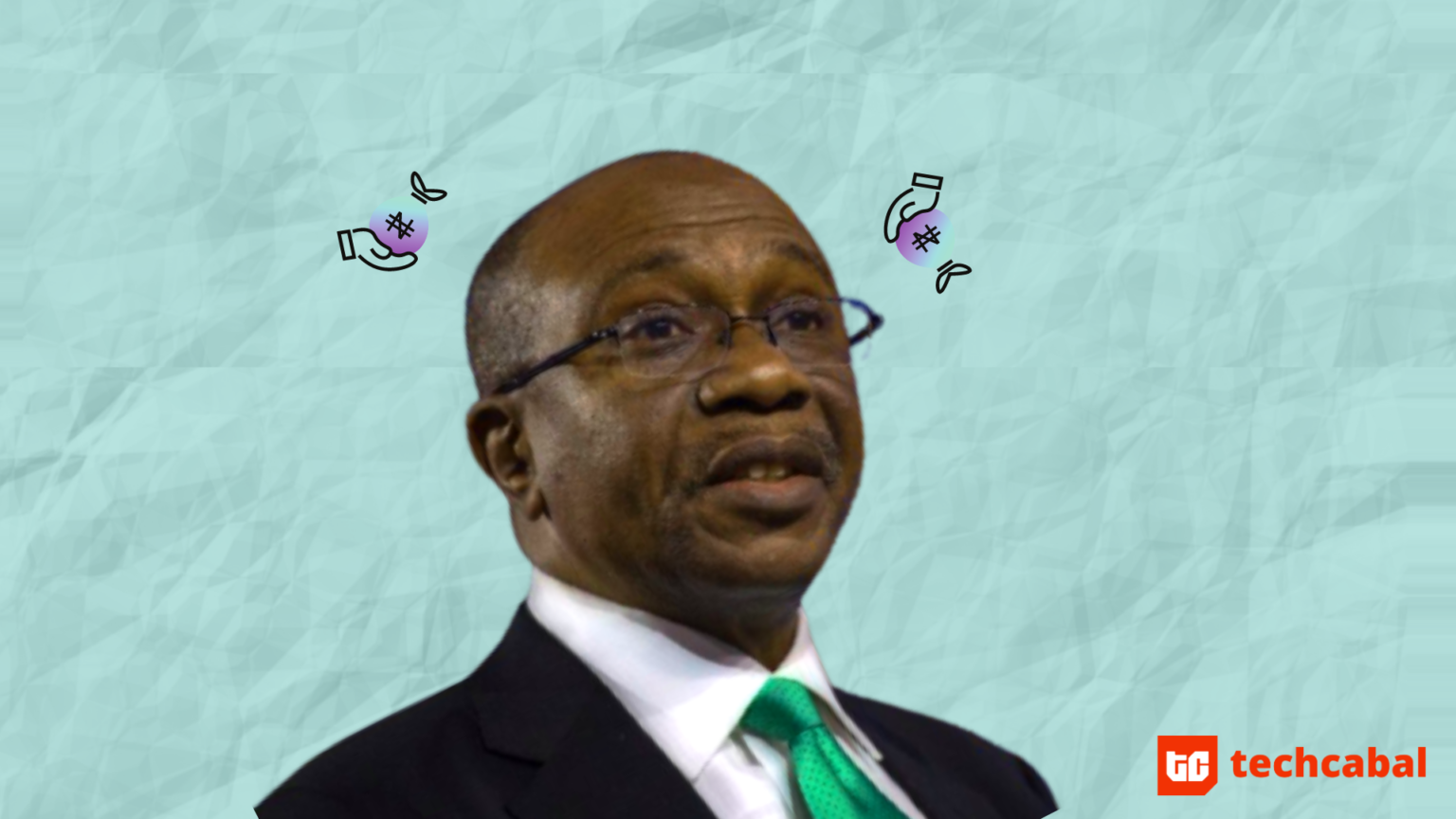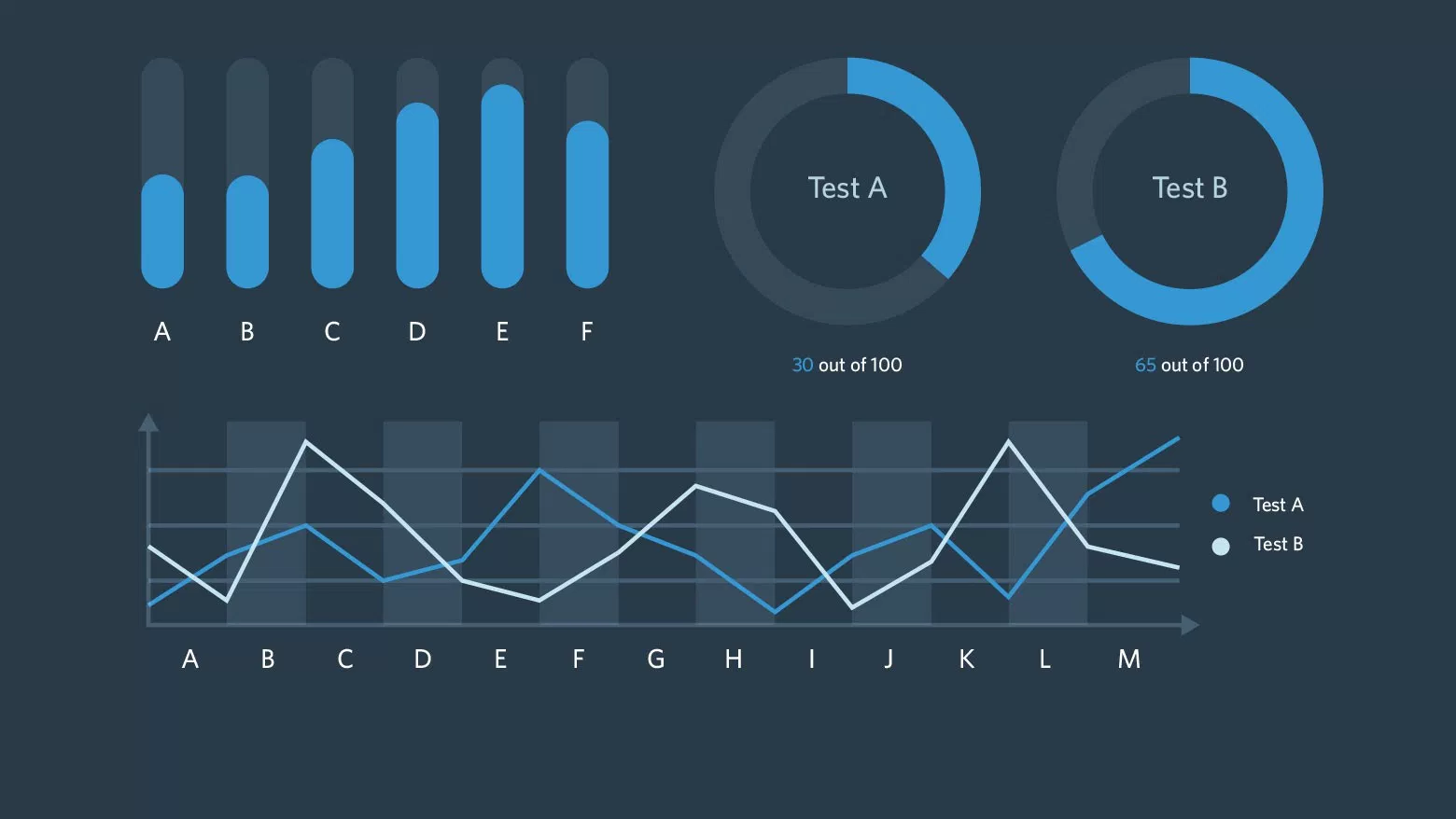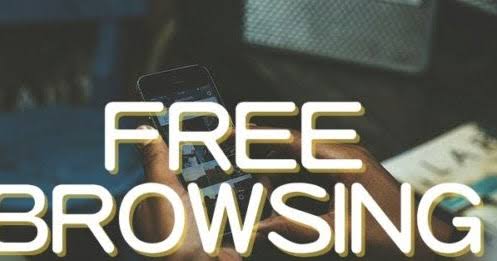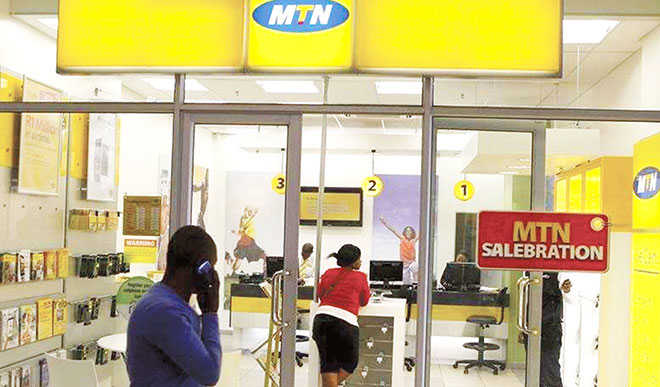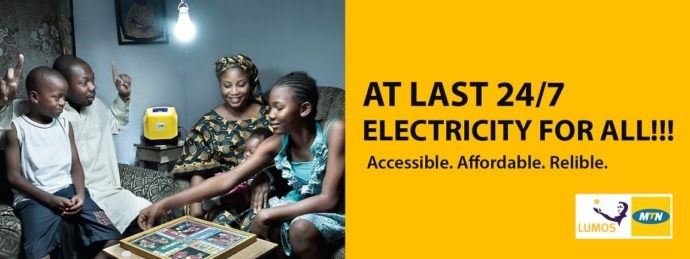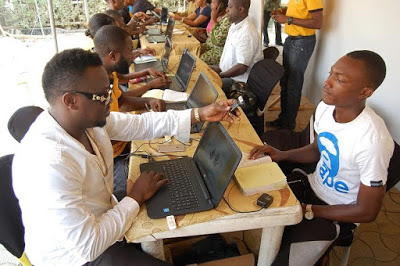Telco Tariff Shock: Reversal Demanded Amidst Pricing Backlash
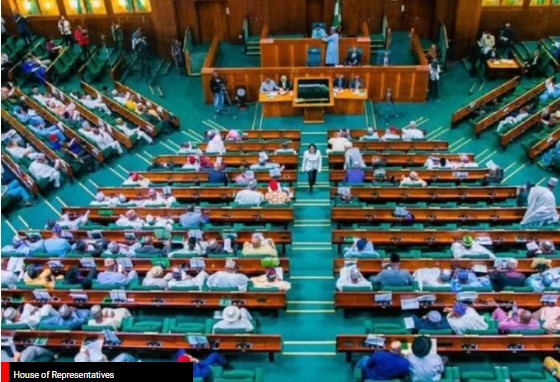
After receiving regulatory clearance from the Nigerian Communications Commission, Nigerian telecom carriers began enacting the long-awaited 50% pricing increase. However, lawmakers attempted to stop the rollout, citing economic hardship.
Nigerians cannot afford higher communication charges in light of rising inflation and the elimination of gasoline subsidies, according to the House of Representatives, which on Tuesday ordered the telecom regulator and the Minister of Communications, Innovation, and Digital Economy to halt the tariff rise.
The NCC had approved the tariff increase, which was set to go into effect nationally on Monday. As of Tuesday, MTN, the biggest telecom company in the nation, had begun to apply the updated rates; however, other major players, including Glo, Airtel, and 9mobile, had not yet disclosed their new pricing plans.
Nigerians cannot afford higher communication charges in light of rising inflation and the elimination of gasoline subsidies, according to the House of Representatives, which on Tuesday ordered the telecom regulator and the Minister of Communications, Innovation, and Digital Economy to halt the tariff rise.
The NCC had approved the tariff increase, which was set to go into effect nationally on Monday. As of Tuesday, MTN, the biggest telecom company in the nation, had begun to apply the updated rates; however, other major players, including Glo, Airtel, and 9mobile, had not yet disclosed their new pricing plans.
Did you know? You can comment on this post! Just scroll down
The development was confirmed by a top MTN executive who asked to remain anonymous since they were not authorized to comment on the subject. Indeed, we have begun revising our price lists. But this is a slow process, and we haven't finished it for every product yet.
MTN data plans are the main targets of the rate revision. For instance, a 1.8GB plan that used to cost N1,000 per month has replaced the 1.5GB plan that used to cost N1,000.
In a similar vein, the 15GB plan now costs N7,500 instead of N4,500, while the 20GB plan now costs N7,500 instead of N5,500. The increases have been even more pronounced for larger data bundles, with the 600GB 90-day plan going up from N75,000 to N120,000 and the 1.5 terabyte 90-day plan going up from N150,000 to N240,000.
MTN data plans are the main targets of the rate revision. For instance, a 1.8GB plan that used to cost N1,000 per month has replaced the 1.5GB plan that used to cost N1,000.
In a similar vein, the 15GB plan now costs N7,500 instead of N4,500, while the 20GB plan now costs N7,500 instead of N5,500. The increases have been even more pronounced for larger data bundles, with the 600GB 90-day plan going up from N75,000 to N120,000 and the 1.5 terabyte 90-day plan going up from N150,000 to N240,000.
"Prices of other MTN products will be adjusted starting tomorrow (Wednesday)," the insider continued. We're working on it in stages. Not all of the prices increased; some remained the same and some remain below 50%.
Although Globacom had not yet implemented the higher tariffs, a senior official who was not authorized to discuss the issue acknowledged that an update might be released before Tuesday's closure of business.
The rate increase has been applied to the entire sector, according to an Airtel executive who also spoke on condition of anonymity.
Although Globacom had not yet implemented the higher tariffs, a senior official who was not authorized to discuss the issue acknowledged that an update might be released before Tuesday's closure of business.
The rate increase has been applied to the entire sector, according to an Airtel executive who also spoke on condition of anonymity.
"Every operator has started, as far as I'm aware. This is not an operator decision; it is an industry-wide one. The decision was made jointly on Monday, and our rates have never been consistent. Even if the deployment isn't finished yet, every operator must have started," the official told The DOROTV.
During Tuesday's plenary session, Bayelsa State PDP member Oboku Oforji introduced a resolution of urgent public significance, which prompted the House of Representatives to step in.
In an attempt to stop the tariff rise, the motion was captioned "Need for the Nigerian Communications Commission not to approve the impending hike in the telecommunications tariffs."
During Tuesday's plenary session, Bayelsa State PDP member Oboku Oforji introduced a resolution of urgent public significance, which prompted the House of Representatives to step in.
In an attempt to stop the tariff rise, the motion was captioned "Need for the Nigerian Communications Commission not to approve the impending hike in the telecommunications tariffs."
Oforji contended that although telecom firms used the necessity for better service delivery and growing operating costs to support the pricing increase, the timing was especially problematic considering the financial difficulties that many Nigerians are currently facing.
He pointed out that the elimination of fuel subsidies and inflation, which reached a record 34.6% in November 2024, had already put a heavy financial burden on the populace.
Oforji stated, "The House is aware that telecom operators have been pushing for this hike for more than eleven years."
"The proposed increase, however, has been rejected by the National Association of Telecoms Subscribers, which has described it as insensitive and an additional burden on consumers who are already dealing with poor network service delivery and economic challenges."
He pointed out that the elimination of fuel subsidies and inflation, which reached a record 34.6% in November 2024, had already put a heavy financial burden on the populace.
Oforji stated, "The House is aware that telecom operators have been pushing for this hike for more than eleven years."
"The proposed increase, however, has been rejected by the National Association of Telecoms Subscribers, which has described it as insensitive and an additional burden on consumers who are already dealing with poor network service delivery and economic challenges."
Oforji emphasized that before raising prices, the carriers must first resolve long-standing problems with subpar network service. He cautioned that the rate increase will simply make many Nigerians' financial difficulties worse, resulting in increased poverty and inequality.
Noting that "informal sector workers who depend on affordable mobile data to access gig work opportunities may find it harder to stay connected," the statement emphasizes that "affordable connectivity is a must for progress in critical sectors like digital banking, education, healthcare, agriculture, and e-governance."
He added that small firms "will face additional financial burden, as they rely heavily on affordable telecommunication for operations, marketing, and customer engagement."
Noting that "informal sector workers who depend on affordable mobile data to access gig work opportunities may find it harder to stay connected," the statement emphasizes that "affordable connectivity is a must for progress in critical sectors like digital banking, education, healthcare, agriculture, and e-governance."
He added that small firms "will face additional financial burden, as they rely heavily on affordable telecommunication for operations, marketing, and customer engagement."
According to Oforji, "a 10% increase in telecommunications costs is estimated to reduce small business profitability up to 7%, potentially leading to business closures."
Billy Osawaru, another Edo State senator, urged the service providers to raise the quality of their offerings before considering a pricing increase.
"Why must the impoverished suffer when things go wrong in this nation? It started with the power rate and is now the phone companies' turn. These services must be enjoyed by Nigerians.
Billy Osawaru, another Edo State senator, urged the service providers to raise the quality of their offerings before considering a pricing increase.
"Why must the impoverished suffer when things go wrong in this nation? It started with the power rate and is now the phone companies' turn. These services must be enjoyed by Nigerians.
The Association of Licensed Telecommunications Operators of Nigeria, in particular, has justified the tariff rise, claiming that it is essential to the sector's long-term viability.
An irreversible decrease in services could result from persistent underinvestment in the telecommunications sector, according to Gbenga Adebayo, Chairman of ALTON.
During a call, Adebayo stated, "I recognize that a price review is essential to the telecom industry's survival." We cannot afford to see this industry fail.
Sustainability has become more challenging as a result of the telecom industry's inability to recoup investments. Recovery is nearly impossible when underinvestment persists for an extended period.
An irreversible decrease in services could result from persistent underinvestment in the telecommunications sector, according to Gbenga Adebayo, Chairman of ALTON.
During a call, Adebayo stated, "I recognize that a price review is essential to the telecom industry's survival." We cannot afford to see this industry fail.
Sustainability has become more challenging as a result of the telecom industry's inability to recoup investments. Recovery is nearly impossible when underinvestment persists for an extended period.
Adebayo emphasized that the rate increase was motivated by the pressing need to keep the industry afloat, even as he acknowledged the public's worries about inflation and the high cost of data.
He said he was confident lawmakers will realize the need for the change after a thorough analysis of the situation.
"This tariff increase is necessary to sustain the sector, but the public's concerns are legitimate," he stated.
Citing growing operating costs and the need to guarantee the long-term viability of the telecommunications industry, the NCC announced the price increase on January 20.
The commission emphasized that the decision is in line with its regulatory duty under Section 108 of the Nigerian Communications Act, 2003, through Reuben Muoka, its Director of Public Affairs.
He said he was confident lawmakers will realize the need for the change after a thorough analysis of the situation.
"This tariff increase is necessary to sustain the sector, but the public's concerns are legitimate," he stated.
Citing growing operating costs and the need to guarantee the long-term viability of the telecommunications industry, the NCC announced the price increase on January 20.
The commission emphasized that the decision is in line with its regulatory duty under Section 108 of the Nigerian Communications Act, 2003, through Reuben Muoka, its Director of Public Affairs.
The National Association of Telecommunications Subscribers, however, expressed disapproval and threatened to take legal action in opposition to the authorized tariff rise. NATCOMS suggested that the increase be rolled back to 10%.
The Nigeria Labour Congress has also protested the rise and demanded that it be rolled back to 5%. On February 4, 2025, the union, led by its president, Joseph Ajaero, threatened a protest; however, multiple interventions prevented the demonstration from taking place.
The Nigeria Labour Congress has also protested the rise and demanded that it be rolled back to 5%. On February 4, 2025, the union, led by its president, Joseph Ajaero, threatened a protest; however, multiple interventions prevented the demonstration from taking place.
Article Posted 3 Months ago. You can post your own articles and it will be published for free.
No Registration is required! But we review before publishing! Click here to get started
One Favour Please! Subscribe To Our YouTube Channel!
468k
Cook Amazing Nigerian Dishes, Follow Adorable Kitchen YouTube Channel!
1.1m
Like us on Facebook, Follow on Twitter
React and Comment
Click Here To Hide More Posts Like This
Watch and Download Free Mobile Movies, Read entertainment news and reports, Download music and Upload your own For FREE.
Submit Your Content to be published for you FREE! We thrive on user-submitted content!
But we moderate!








